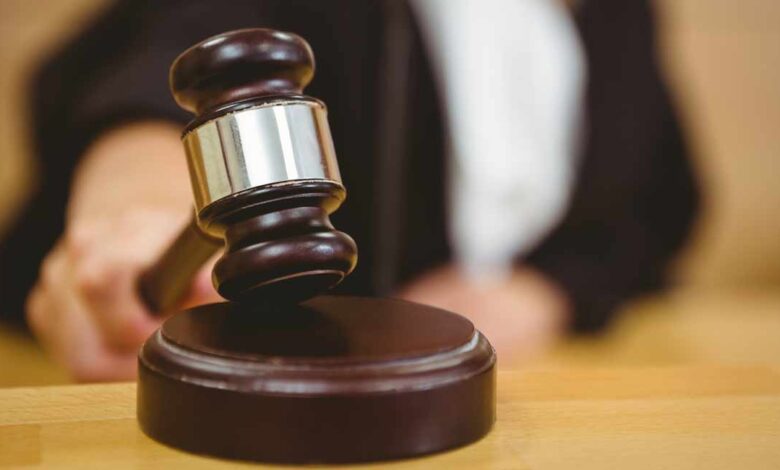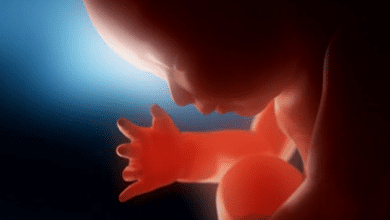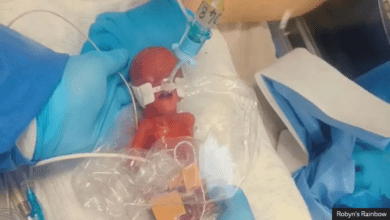Indiana Supreme Court removes injunction on state’s pro-life law

The Indiana Supreme Court ruled Friday that a state law that protects most preborn children from abortion can stand, overturning an earlier ruling on the law. However, plaintiffs in a separate legal case challenging the state’s abortion law as a threat to their religious freedom are not included in the current ruling.
The law, SB 1, protects most preborn children in the state from abortion, with exemptions for cases of rape and incest, to protect the life or health of the mother (although direct and intentional killing of a preborn child is not medically necessary), or if the preborn child is diagnosed with a condition that doctors predict will be fatal.
In September 2022, a county judge put an injunction on the law after a challenge from the abortion industry. At the time, Special Judge Kelsey B. Hanlon found that there is a “reasonable possibility” that the law violated the privacy protections of the state constitution. The Supreme Court’s decision overturned Hanlon’s order, confirming that the pro-life law was constitutional.
In his ruling, Justice Derek R. Molter wrote that the state constitution “protects a woman’s right to an abortion necessary to protect her life or to protect her from a serious health hazard, but the General Assembly otherwise preserves broad legislative discretion for determining whether and to what extent abortion shall be prohibited.”
Attorney General Todd Rokita praised the decision. “We celebrate this day – a long time, but with moral justification. Thank you to all the warriors who fought for this day that upholds LIFE,” he said in a statement.
“Indiana’s unborn babies are the winners of today’s reign,” added Mike Fichter, president and CEO of Indiana Right to Life.
Fichter said the court’s decision “sends a message to the rest of the country that when we stand with love and compassion to protect unborn babies and support pregnant mothers, we are saving lives, improves lives, and supports a national culture that values life.”
Meanwhile, the Supreme Court’s ruling will not apply to five women who sued the state claiming the pro-life law violated their religious freedom. The law was blocked in December under that lawsuit.
Although the court upheld the law, it is unclear how soon it will take effect. According to Associated Press, the case will be sent back to the county judge for further action, and the ACLU has 30 days to ask the court to review its decision. Indiana University law professor Jody Madeira also noted that the court’s specific wording leaves the door open to other potential legal challenges.
“(SB1) is currently void because the Supreme Court sent this case back to the lower court for further proceedings,” Madeira said. “And again, it could go back to I guess as early as August 1, unless the ACLU files a petition for a rehearing. I think they will (file for a rehearing), but it will be more narrowly tailored if will consider the opinion of the Supreme Court today.”







